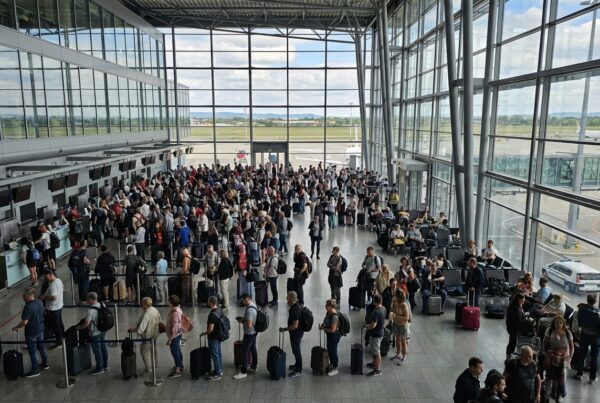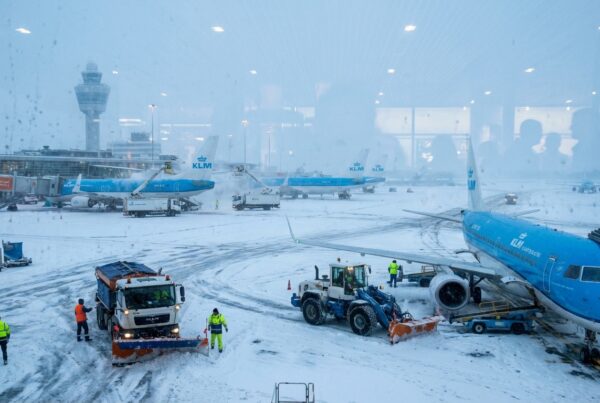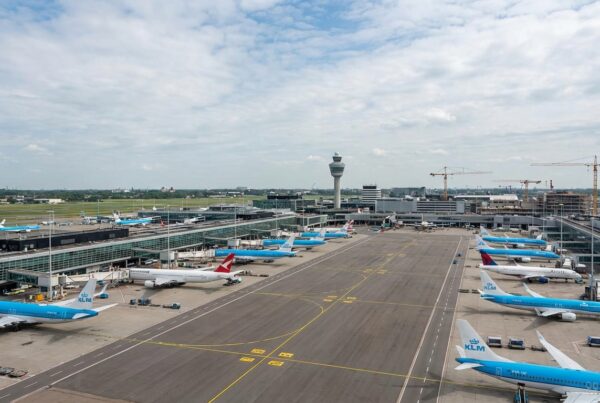ACI Europe, the eloquent representative of airports across the continent, is backing its plea for a complete overhaul of the rules governing slot allocation, essential to airlines' day-to-day operations.
This need for modernization became particularly evident in the wake of the recent pandemic shocks, which revealed the rigidity of the current system. Indeed, the rules in place have sometimes hampered efforts to put in place rapid and flexible air traffic recovery measures.
The current context of time slots
Slots are a crucial authorization for each airline to take off or land at certain defined times. Each year, as the seasons change, the authorities determine the capacity of airports to plan these slots.
The efficient management of these slots is crucial to the fluidity of both airport operations and the economic mobilization linked to the sector. In the European context, the "EU Slot Regulation" provides the current framework for their distribution.
The challenges facing airports
For ACI Europe, the current approach has several shortcomings, threatening to hamper the ability of airports to adapt to unexpected waves of demand or crises. Emblematic moments such as the health crisis required a rapid response, which was not always possible without regulatory flexibility.
Concerns were expressed about potential "airport congestion", where travelers might spend far more time waiting than necessary. A more flexible regulatory environment could mitigate these potential impacts.
Planning and future needs
The planning of future seasons, such as the winter season which runs from October 31 to March 27 each year, could benefit from a different approach to accommodating growing traffic while optimizing available resources.
The need for change also lies in the need to integrate new technological advances and efforts towards decarbonization, a critical step towards more sustainable aviation. sustainable in the coming years. By 2022, Eurocontrol had estimated that modernization could significantly increase the efficiency of airport operations.
Impact on airlines
A possible revision of the rules could have significant consequences for airlines. Here are some examples, Lufthansawith its recent EU authorization to acquire a stake in ITA Airways, could benefit from new dynamics based on more flexible slot allocation.
This can open up interesting strategic and economic opportunities, enabling new routes to be exploited and existing capacity to be optimized. So, an updated approach could well offer this and other aviation giants greater strategic latitude.

Comparison of Current Practices and ACI Europe Recommendations on Time Slots
| Element | Current Practices | ACI Europe recommendations |
| Update Frequency | Twice a year | Greater flexibility to adapt to changing traffic conditions |
| Slot capacity | Depends on statutory forecasts | Include growth margins |
| Award criteria | First come, first served | Taking airport needs into account |
| Seasonality | Fixed planning | Seasonally adaptable |
| Exemptions | Limited | Augmented for special situations |
| Unequal demand | Unaddressed | More balanced distribution |
| Post-COVID flexibility | Little integrated | Focus on flexibility |
| Environmental impact | Marginally considered | Better aligned with decarbonization |
| Transparency | Variable | Increasing the number of players |
| Stakeholder participation | Often limited | Strengthening inclusion |




